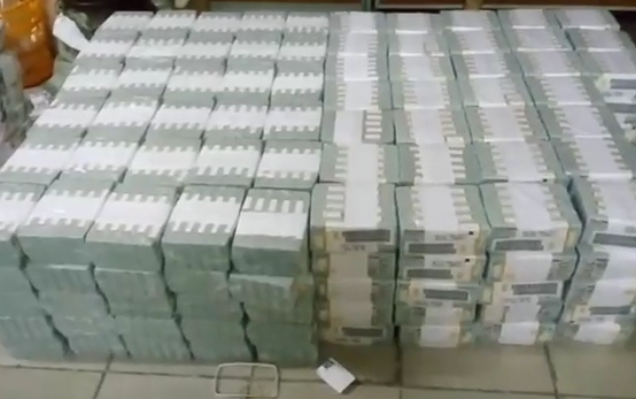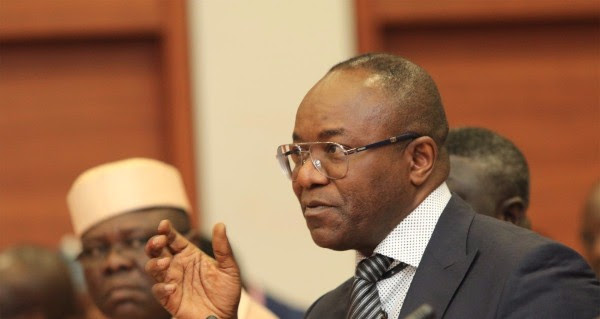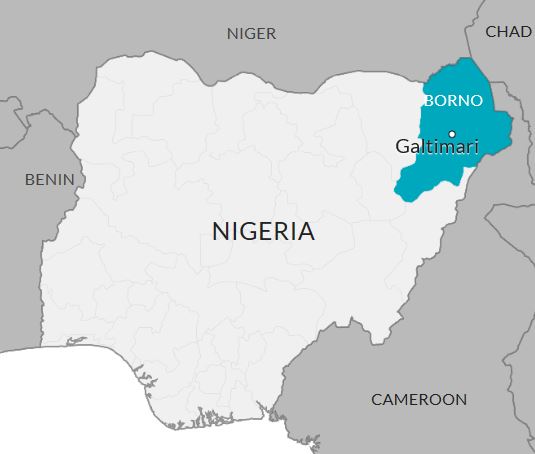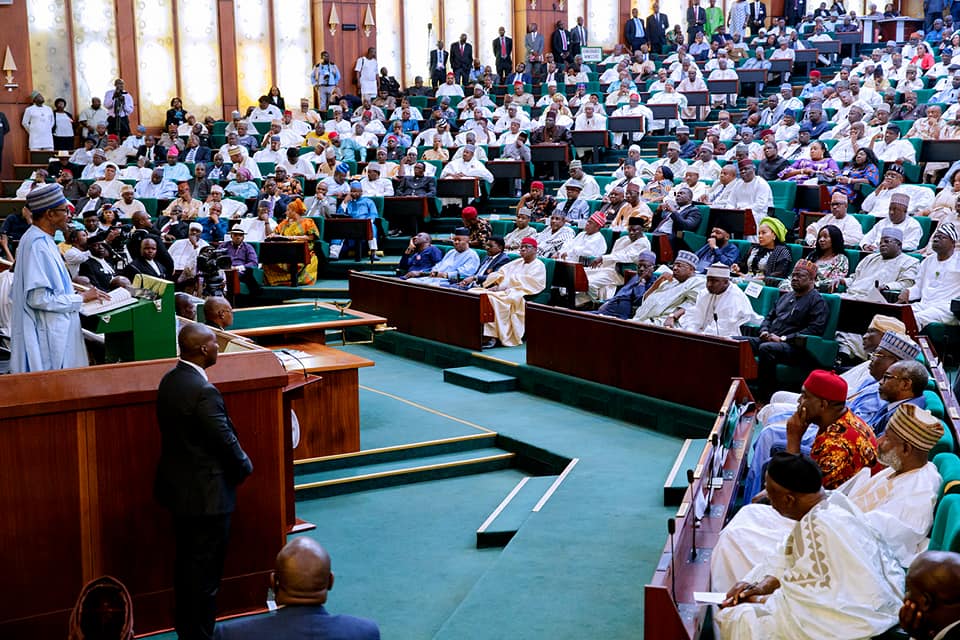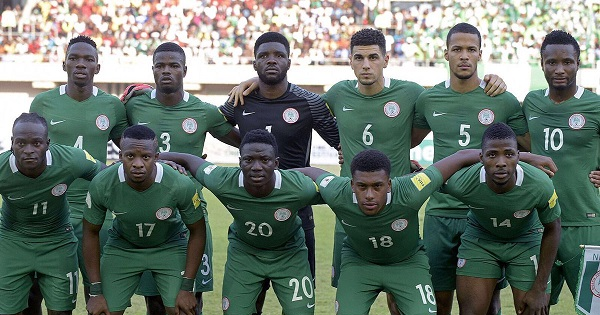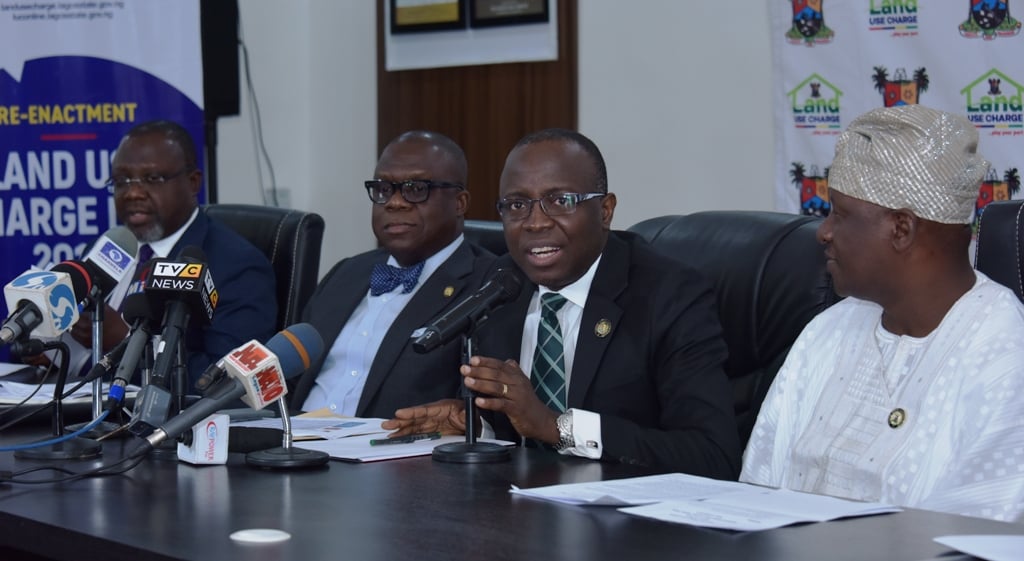BY SANI MUHAMMAD UZAIRU
Nigeria apparently does not seem to consolidate on its transition to civil rule. This, essentially, is unconnected to dearth of transparency, probity and accountability. Manifestly clear is the cold truth that key institutions of government are weak, providing fertile ground for graft to thrive. Corruption, simply put, is the abuse of entrusted authority for personal benefit. This social canker has bedevilled Nigeria and stunted its growth for many decades; to the extent that, today Nigeria is seen as a metaphor for graft by the international community. Corruption, though a bad phenomenon, is costly and ubiquitous.
It cannot be contested that the most important item necessary for leadership is the zeal for common good. Without this quality, the collective good of a nation will be relegated below the parochial interest of greedy few; the simplicity of investing funds to engender national development becomes as difficult as brain surgery; the ramifications of causing financial and economic loss to the country is overlooked. However, for leaders with genuine desire – not through empty vows and rhetoric – to improve the lots of their nation, making a sense of opportunity cost helps a great deal in decision making.
Opportunity cost is the benefit that one could have obtained, yet gave up, in favour of another course of action. Put differently, an opportunity cost is the alternative forgone when a choice has been made. So, it’s somewhat a cost in the form of loss of gain derivable from alternative given up.
Advertisement
Hence when, through his commissions and omissions, President Buhari becomes complicit in corrupt acts perpetrated by appointees of his government because of political expediency, he has deliberately elected to give up benefits derivable from the social and infrastructure development that those embezzled funds would have been used for.
In this instance, the social and infrastructure development become the opportunity cost of the President’s complicity in corruption. And from the preceding example, it becomes apparent that corruption and socio-economic development are mutually exclusive.
Given that corruption and national development are sworn enemies, I shall chronicle the opportunity cost of some dumb choices – decisions that have impaled Nigeria’s developmental trajectory in the backwaters – this clueless government that promised change but doesn’t know how to deliver it has made.
Advertisement
To set the ball rolling, The Punch editorial of 22nd January 2018 quoting the Nigerian Extractive Industries Transparency Initiative had it that through a dubious and controversial crude oil swap deals, Nigeria lost $723 million in shady, fraud-prone arrangements to local and foreign firms. Before this, the nation on 4th October 2017 had reported about a certain 25 billion dollar contract scam by the same NNPC. Although the audit exposing the loss of $723 million pre-dated the President Buhari administration, the later occurred under his nose; and, his refusal to reform the NNPC entrenches and deepens its ingrained corporate culture of impunity. This is without even saying a word about 774 million naira spent daily on a phantom subsidy regime. It would be recalled that sometime in 2016, Nigerians woke up to the news of deregulation of premium motor spirit which resulted in an increase in pump price. So it beggars belief that subsidy on petrol still subsists. Surely, some sharp practices are being played somewhere.
Meanwhile, as the President elects to turn a blind eye whilst the Nigeria National Petroleum Cooperation (NNPC) embezzle our petro-naira, it becomes necessary to bring to his notice the opportunity cost of his choice.
First, let’s focus on power. On May 8, 2017, bloomberg.com reported that Nigeria sought $5.2 billion from the World Bank to expand electricity generation and assist the economy recover from its first recession in 25 years. With the humungous amount of money either misappropriated or stolen at the NNPC, Nigeria could build more power stations to significantly raise our electricity generation. Today, Nigeria produces less than 7,000 megawatts of power compared with about 35,000 megawatts average peak generation in South Africa, which has less than one – third Nigeria’s population. The lack of supply heightens production costs for many businesses compelled to provide their own electricity, mostly utilizing diesel-run generators. With 25 billion dollars and the billions of Naira poorly accounted for by the NNPC, we would have been talking about at least 15,000 megawatts or more, generated and distributed nationwide to resuscitate moribund businesses and productive activities.
And so, the opportunity cost of our mismanaged billions by the NNPC under President Buhari is uninterrupted power supply.
Advertisement
We might even choose to maintain our focus on the petroleum sector by revamping our refineries to perform at optimum capacity. The last time I checked, Dangote refinery with an estimated capacity of 650,000 barrels a day costs 12 billion dollars. And so, with 20 billion dollars, we might even decide to build an ultra-modern refinery and bring to finality the issue of importation of refined petroleum.
Hence, the opportunity cost of the sleaze at the NNPC is constant supply of PMS at an affordable pump price. In truth, Nigerians are being done a great disservice by allowing the NNPC to continue with the old order.
If however, we decided to focus on housing, here, a certain governor Rabiu Musa Kwankwaso comes to mind. Having realize the challenges of shortage of housing, overcrowding, overstretching of public infrastructure and related problems engendered by rapid urban growth of Kano metropolis and its ramifications, Kwankwaso in 2012 conceptualized what later became “the Kano Mega City project” which entailed building the 3 new capital-intensive cities at the cost of barely 30 billion Naira. The first phase of the kwankwasiyya housing project covered 205 hectares with 698, consisting 5 and 4 bedroom duplexes as well as 3 bedroom bungalows.
And so, the opportunity cost of billions of dollars NNPC failed to account under Buhari’s watch even when the freedom of information bail was invoked on the corporation is several million units of low-cost housing for the urban poor and middle class.
Advertisement
We might even elect to invest in health care. Instead of taking the shame of having the president and other privileged Nigerians embarking on medical tourism in droves, we could build world-class hospitals with state of the art equipment for the treatment of different kind of ailments. In such cases, we will not need to take emergency health cases outside this country.
The opportunity cost of billions of Naira spent on President Buhari, his son and other government officials is avoidable deaths of millions of Nigerians who cannot afford the cost of foreign medical treatments, the loss of money we incur from those who can afford it, and the loss of jobs we would have created for our people if we had built quality hospitals that can treat ailments well and qualitatively.
Advertisement
But it is not only about the sleaze at the NNPC. There’s equally an opportunity cost of waste and profligacy in government.
For example, in a very shameful display of insensitivity, some mediocre governors approved the withdrawal of one billion dollars from the excess crude account to fight Boko Haram. This is in spite of the budgetary provision for defence, and the claim by both the president and the military that the insurgents had been completely defeated. Given how similar approval about the same time in 2014 was misapplied, no serious country with millions of its population wallowing in squalor will tolerate such a thought.
Advertisement
But the opportunity cost of the potential embezzlement of 1 billion dollar is well-funded universities that can stand tall and compete with its contemporaries on the globe, or well constructed and maintained roads in some distant lands forsaken by the federal government.
There are yet more.
Advertisement
The opportunity cost of the president globetrotting at the expense of taxpayers money is the pipe-borne water that should run through our houses. The opportunity cost of paying billions of naira to state governors as security votes is well staffed, well-funded, well equipped and reformed police for the protection of our lives and property.
The opportunity cost of allowing Bukola Saraki pay himself N600 million ($ 1.67 million) per annum is the millions of jobs that we would have created for our teeming youths.
Equally, the opportunity cost of paying a Nigerian senator N371 million ($1 million ) per annum – this is more than the British Prime Minister, Theresa May, who presently earns £150, 402 a year; American President, Donald Trump, whose basic annual salary is $400 000; Xi Jinping, President of China, who earns an annual salary of $20,593; German Chancellor, Angela Merkel, who takes home $21,912, and Russia’s strong man Vladimir Putin who is paid $12,586 monthly salary – is the eradication of poverty with the inexplicably huge amounts.
Honestly, the double standard of the ruling government in dealing with the hydra-headed monster of corruption bedevilling this country raises yet again the sixty four thousand dollar question on the readiness of Nigeria to achieve the desired political, social and economic heights by the year 2020. It even further poses grave threats to the union and corporate survival of Nigeria as a sovereign state.
Because money is stolen or misappropriated in Nigeria with impunity, we have missed the chance to grow our country, and match up with the rest of the world. Corruption and socio-economic growth are mutually exclusive, and this explains why you shouldn’t take seriously any government official who appears on national television to pledge development. The money for national growth is the very money they illegitimately dip their hands into to service themselves to the detriment of the masses and socio-economic development.
In the final analysis, I presuppose that the key to arresting Nigeria’s graft challenges sits on finding the right leadership that that would be transparent, accountable and demonstrate good governance and readiness to fight corruption collectively; a government that would acknowledge the necessity of ensuring inclusive and participatory governance as a reflection of the multi-religious and multi-ethnic composition of the Nigerian society; a government that would solidify the key institutions of governance; a government that would better the socio-economic well-being of her citizens, especially in education, employment, health, shelter and food; a government that would revitalize and give confidence to every nationality that his or her fundamental rights are guaranteed and protected.
Uzairu is a political commentator and can be reached via [email protected]
Add a comment
